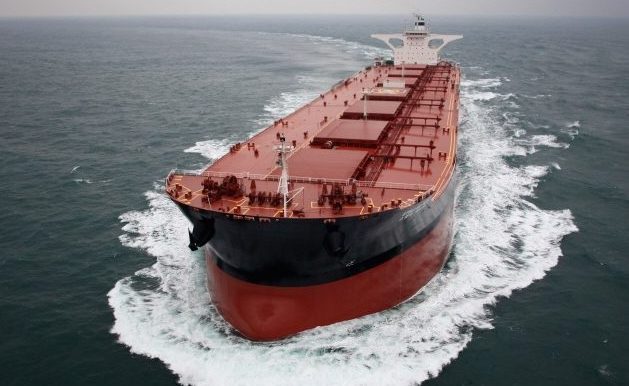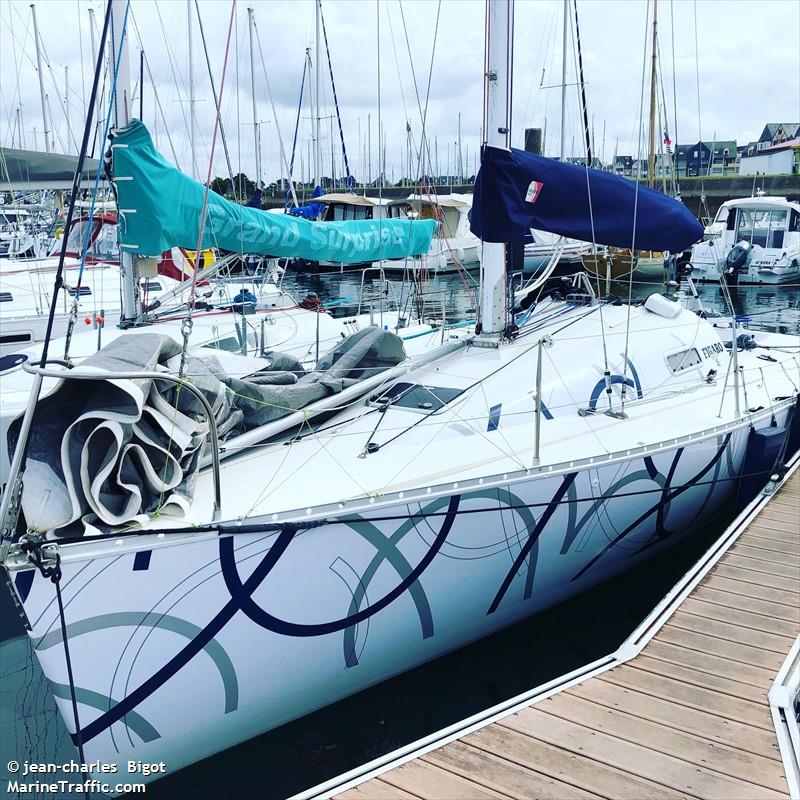Stellar Daisy: Contagion rather than containment

I woke on Saturday to the terrible news coming from Uruguay that the giant 266,000 dwt Stellar Daisy bulker had disappeared in the South Atlantic, likely sunk. Straight away decks were cleared and the unravelling of this tragedy has led our news coverage all week.
Having covered South Korean shipping for many years I groaned when I saw who the owner was. The fact is when crises hit, Koreans have a habit of turning into their shells – a trait common across East Asia. The problem is that in the 21st century this stonewalling of the media in the face of a snowballing tragedy actually only adds fuel to the fire. This week’s handling of the Stellar Daisy tragedy by its owner Polaris Shipping in fact could go down as a textbook case of how not to handle crisis communications – an example of letting the fire spread into an inferno rather than being contained pre-emptively.
Among the many admirable traits of my colleague Jason Jiang is his patience. That was sorely put to the test this week as he put in hundreds of calls to South Korea to try and get any comment on what was happening to the Stellar Daisy – and latterly its troubled sister ship, Stellar Unicorn. Apart from a large phone bill, Jason had nothing to show for his efforts.
Amazingly, it was fully six days before Polaris decided to issue a release on the sinking – an eternity in the world of crisis communications. The terse statement had the cheek to demand people avoid speculating about what happened to the ship.
Speculation, however, was rife thanks in no small part to the shipowner’s reticence as well as the fact that we already had some testimony from one of the survivors (whose cousin was in touch with Splash earlier this week incidentally).
Within 48 hours of the disaster breaking the scale of it – and its ramifications for the industry – were becoming clear to me. To my mind, the Stellar Daisy will go down in history as another MOL Comfort – a precursor to rule changes. Whether it is on cargo loading regulations or vessel conversions is too early to say, but expect IMO to be taking a very close look at the accident.

 bulker had
bulker had
Having conducted seminars on crisis communications management I shall add this is an example of how to do it badly. Such maritime accidents are tragic, and matters made worse when companies do not understand the need for swift engagement, especially with social media. The explosion on Deepwater horizon was on a maritime forum within a half hour or less of it happening, together with photographs from other rigs. Hiding under a blanket and hoping things go away doesn’t work any more, one no longer has a day or two before an incident is known, just minutes.